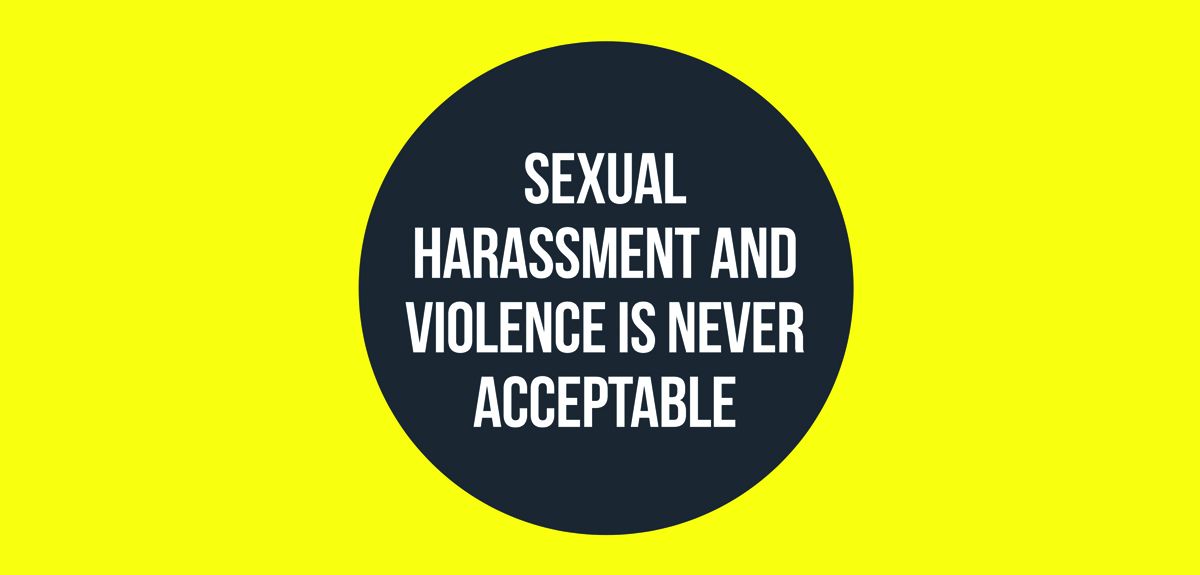
What you can expect from Oxford’s Sexual Harassment and Violence Support Service
Amelia is the University’s first dedicated Specialist Caseworker for the Sexual Harassment and Violence Support Service; providing a safe place for students to be heard and receive free support and advice. In this piece, Amelia explains her role and how she supports students at Oxford.
About me
How I can help
I’m here to support all students at the University, whatever their experience and whenever or wherever it happened. The support is tailored to each students need and circumstance. We are particularly busy around Freshers’ events and following vacation periods, which can be peak times for abuse to occur, both online and in-person. We are also completely independent of colleges and departments, ensuring the student has a confidential source of support.
I work alongside the University’s Independent Sexual Advisor from the Oxfordshire Sexual Abuse and Rape Crisis Centre (OSARCC), with us each supporting a number of students. There are also 5 other caseworkers who see a couple of students each month alongside substantive and various roles across the collegiate university.
What to expect from an appointment
Typically, I see one-two students per day for around 90 minutes, which allows me to focus fully on what they need out of an introductory session.
I guide the individual through their options and arrange a follow-up session if the student would benefit from this. There’s never any pressure to take a particular path or report after we meet. It’s very much about listening and letting them know what their options are, without judgement.
Each appointment is completely lead by the student, and I am guided by them on how much they want to say or what they choose to do next, if anything. There’s no pressure to share or disclose what has happened and we don’t need to discuss this at all unless the student wants to. We can advise on reporting procedures and how this might vary from the University to a student’s college and the potential outcomes.
When your studies are being affected
We can support students who feel their academic life is being impacted. We work with college welfare teams and tutors where appropriate to ensure students feel supported to continue with student life at Oxford. We work to alleviate any pressure students may feel and focus on what is needed then and there, whether that’s support with academic life, sleep, eating well and general self-care.
Additional support
In cases where further therapeutic support is identified to be helpful, longer-term support options are outlined and we may signpost people to the Oxfordshire Sexual Abuse and Rape Crisis Centre or other services such as the University’s Counselling Service. We can also share a variety of resources and occasionally provide some basic psychoeducation to help students understand the impact of what has happened.
We will believe you
Most importantly, we will always believe students who come to us. What has happened is not their fault, they are not responsible for anyone else’s behaviour or actions, and we will not judge them. The Service remains completely confidential unless there is a significant risk of harm to the student or others.
Looking to the future
The Service aims to challenge how sexual violence is viewed, recognising the serious harm it causes, and working across the University and with local partners to help incite change.
We continue to strive to make our services as accessible as possible to ensure we can help all students who have experienced sexual harassment or violence, in any form and at any time.
You can find out more about the Sexual Harassment and Violence Support Service on the Oxford Students website or to make an appointment, visit www.ox.ac.uk/self-refer
or contact supportservice@admin.ox.ac.uk
The Support Service is part of Oxford Against Sexual Violence, a joint campaign between the University and Oxford University’s student union, Oxford SU, sending a clear message that sexual harassment and violence of any form is never acceptable.
For any students concerned about their own behaviour, the University’s Consent Matters course and the Respect Phoneline can help.
 Transcript: Vice-Chancellor's end of Hilary 2025 student message
Transcript: Vice-Chancellor's end of Hilary 2025 student message
 Easter vacation welfare support
Easter vacation welfare support
 Take care of your personal safety
Take care of your personal safety
 Exam adjustments and problems completing your assessments
Exam adjustments and problems completing your assessments
 Improving digital tools you use at Oxford
Improving digital tools you use at Oxford